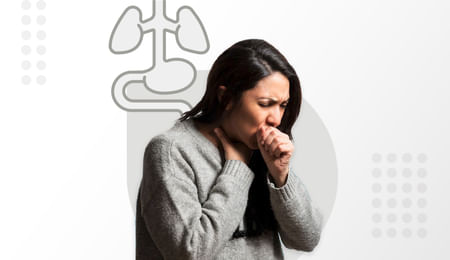- Vitamins & Supplements
- Multivitamins
- Vitamin D3
- Vitamin C
- Minerals
- Calcium
- Vitamin B12 & B Complex
- Other Vitamins
- Nutritional Drinks
- Adult Daily Nutrition
- Kids Nutrition (2-15 Yrs)
- Women Nutrition
- Global supplements
- Now Foods
- Solgar
- Nordic naturals
- Nutritional Supplements
- Dr. Morepen
- Power Gummies
- Tata 1mg
- HealthKart
- Carbamide Forte
- Swisse
- Zingavita
- Protein Supplements
- Whey Protein
- Amino Acids
- Mass Gainers
- Workout Essential
- Fat Burners
- Skin Care
- Sunscreen
- Cleanser
- Body Wash
- Face Cream
- Soaps
- Face Moisturisers
- Facewash
- Skin Care Wipes
- Talcum Powder
- Hair Removal Cream
- Baby Care
- Baby Diapers, wipes & more
- Baby Bath Essentials
- Baby Oral Health
- Nursing & Feeding
- Baby & Infant Food
- Baby Healthcare
- Baby Skin Care
- Hair Care
- Shampoo
- Hair Serum
- Hair Conditioners
- Hair Oils
- Hair Creams, Masks, Gels
- Hair Growth Supplements
- Hair Growth Products
- Elderly Care
- Adult Diapers
- Bone & Joint Health
- Orthopaedic Supports
- Underpads
- Sexual Wellness
- Condoms
- Lubricants & Massage Gels
- Personal body massagers
- Men Performance Enhancers
- Sexual Health Supplements
- Top Selling Categories
- BP Monitors
- Nebulizers & Vaporizers
- Smart Wearables
- Weighing Scales
- Thermometers
- Respiratory & Surgical Mask
- Pulse Oximeter
- Stethoscopes
- Diabetes Devices
- Blood Glucose Monitors
- Test Strips & Lancets
- Syringes & Pens
- Continuous glucose monitors
- Insulin Coolers
- Diabetic Footwear
- Pain Management
- Electric heating pads
- Hot Water Bottles
- Hot & Cold packs
- Body Massager
- Wound Care & Dressings
- Adhesive bandage
- Crepe Bandage
- Surgical tapes
- Supports, Splints & Braces
- Knee Support
- Back & Abdomen Support
- Arm & Elbow Support
- Ankle, Foot & Leg Support
- Hand & Wrist Braces
- Neck & Shoulder Support
- Cervical Pillows & Mattress
- Compression support & socks
- Popular categories
- Herbal Juice
- Chyawanparash
- Ayurvedic Immunity Boosters
- Unani Medicines
- Herbal Supplements
- Ayurveda Personal Care
- Ayurveda Oral Care
- Ayurveda Baby Care
- Ayurveda Skin Care
- Ayurveda Hair Care
- Stomach Care
- Constipation
- General Digestion/Indigestion
- Loose motion/Diarrhoea
- Heart Care
- Bone, Joint & Muscle Care
- Pain Relief
- Omnigel products
- Volini
- Iodex
- Moov
- Eye Care
- Eye Lubricants
- Homeopathy Top Brands
- SBL Homoeopathy
- Dr Reckeweg
- Dr Willmar Schwabe India
- Adel Pekana
- BJAIN Homeopathy
- Bakson's
- Allen
- Wheezal
- Dr Willmar Schwabe Germany
- Haslab
- Medisynth
- Boiron
- Bhandari
- Dr Bakshi Bakson
- Dr Batra's
- Homeopathy Wellness Combos
- Homeopathy Popular Categories
- Homeopathic Care for Cold & Cough
- Homeopathic Respiratory Care
- Homeopathy Covid Essentials
- Sexual Health
- Hair Care Products
- Skin Care Products
- Children's Health
- Women's Health
- Homeopathy Medicines
- Homeopathic Drops
- Dilutions
- Mother Tinctures
- Triturations
- Bio Combinations
- Millesimal LM Potencies
- Biochemics
- Bach Flower Remedies
OverviewKey FactsSymptomsCausesRisk factorsDiagnosisCelebs affectedPreventionSpecialist to visitTreatmentHome-careComplicationsAlternatives therapiesLiving withFAQsReferences
